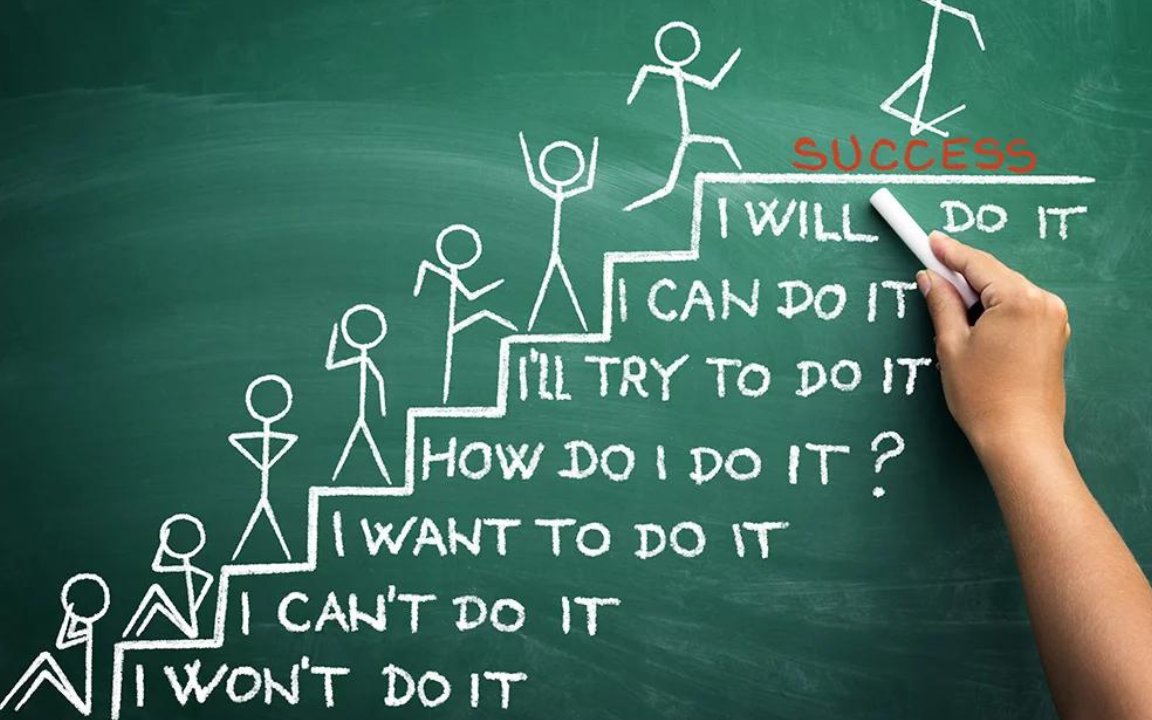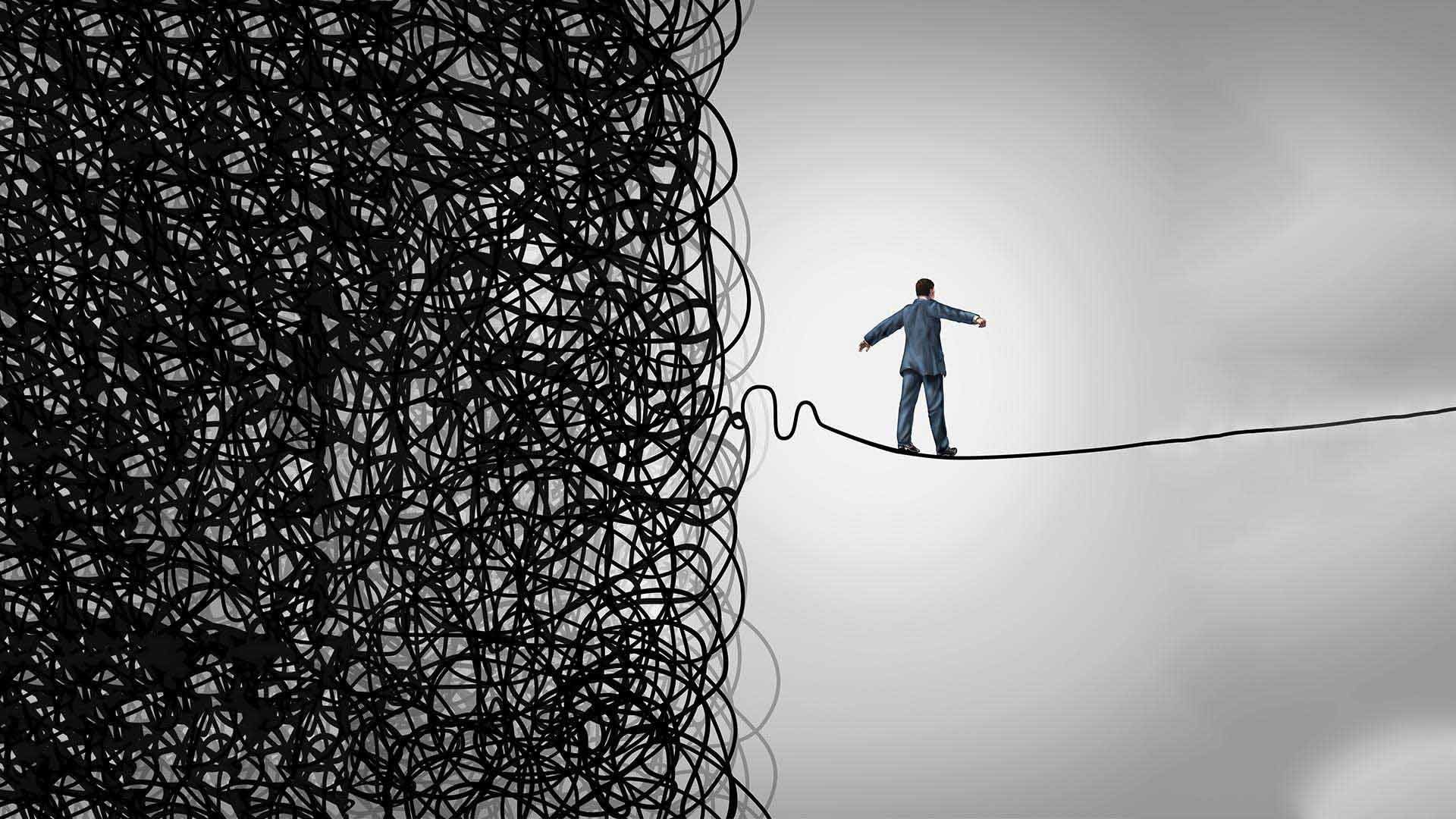Unmasking My Imposter Syndrome: How I Learned to Embrace My True Self
Have you ever felt like you don’t belong? Like you’re not good enough or that you’re just faking it until someone finds out the truth? I know exactly how that feels because I’ve been there. That persistent voice in your head whispering, “You’re not qualified,” or “They’re going to find out you don’t deserve this,” — it’s one I’ve battled with more times than I can count.
For me, Imposter Syndrome wasn’t just about doubting my abilities; it was about wearing a mask to protect myself. Pretending to have it all together when, deep down, I felt like I was falling apart. My grandmother used to call it “putting on a face.” And boy, did I put on that face often — smiling when I felt sad, acting confident when I felt weak, and trying to play a part I wasn’t sure I could fill.
I’m sharing this because I know how heavy that mask can get. It’s exhausting. And the longer you wear it, the more it wears you down. It doesn’t just take a toll on your mental health — it impacts your relationships, your career, and even your sense of self.
The Danger of Wearing the Mask
For years, I thought the mask was helping me. It felt like a shield, something to protect me from judgment and rejection. But over time, I realized it was doing the opposite.
Wearing the mask fueled my perfectionism. I felt like I had to meet impossibly high standards, leaving no room for mistakes. Even when I achieved something great, I couldn’t feel proud — I just moved on to the next goal, chasing an ideal that didn’t even exist.
It was also draining. Pretending to be someone you’re not takes a lot of energy. I’d come home after work or events feeling completely burned out, not from what I’d done, but from the effort it took to maintain the facade.
Then there was the isolation. I pulled away from people because I was terrified they’d see through the mask and judge me for the real me. That loneliness made the mask feel even heavier, like I was trapped in a role I couldn’t escape.
But the worst part? The mask kept me from knowing myself. I was so busy trying to be what I thought others wanted me to be that I missed out on discovering who I really was. It’s like I wasn’t just hiding from others — I was hiding from myself.
Who Are You Beneath the Mask?
Eventually, I hit a point where I couldn’t keep pretending anymore. I had to ask myself the tough question: Who am I beneath this mask? When I stripped away the filters, the expectations, and the pressure to perform, what I found shocked me. Beneath the mask wasn’t someone inadequate or unworthy — it was someone real. Someone with strengths and flaws, someone still learning but full of potential.
And then it hit me: I wasn’t afraid of failing. I was afraid of succeeding — of stepping into my true self and letting people see me for who I really am. That’s when I realized overcoming Imposter Syndrome wasn’t about faking confidence. It was about becoming confident. And that process required me to break down and rebuild — just like a caterpillar transforming into a butterfly.
Here’s how I started unmasking myself and stepping into the real me. These steps weren’t easy, but they changed everything for me.
5 Steps That Helped Me Overcome Imposter Syndrome
1. I Allowed My Inexperience to Keep Me Curious
When I started something new — whether it was a job, a project, or even a personal goal — I used to feel ashamed of what I didn’t know. I thought I had to fake expertise to earn respect.
But then I realized something: curiosity is a superpower. Instead of pretending to know it all, I started asking questions, observing, and staying open to learning. Being curious shifted my focus from “I’m not good enough” to “I’m here to grow.”
If you’re new to something, embrace it. Ask the questions you’re afraid to ask. Let your inexperience work for you. It’s a bridge to becoming an expert.
2. I Got Comfortable Saying, ‘I Don’t Know’
For the longest time, admitting I didn’t know something felt like admitting failure. But when I finally started saying, “I don’t know, but I’d love to learn,” something incredible happened.
People didn’t judge me — they respected me more. They appreciated the honesty and were more than willing to share their knowledge. It was humbling, yes, but also empowering. It reminded me that no one expects perfection — and I shouldn’t expect it of myself either.
3. I Gave Myself Permission to Make Mistakes
Mistakes used to terrify me. I thought they were proof that I didn’t belong. But I’ve come to see them differently: they’re evidence that I’m trying.
Breaking free from perfectionism was one of the hardest things I’ve ever done. But making “good mistakes” taught me more than any success ever could. Each mistake became a chance to learn, grow, and give myself grace. If you’re scared to mess up, remember this: mistakes aren’t failures — they’re lessons.
4. I Found My Tribe
One of the most transformative steps I took was surrounding myself with people who uplifted me. I sought out mentors, colleagues, and friends who saw my potential — even when I couldn’t see it myself.
My tribe gave me the freedom to be vulnerable. They reminded me it was okay to show up as myself — flaws, quirks, and all. If you’re struggling with Imposter Syndrome, find your people. They’ll help you unmask and grow into your true self.
5. I Unmasked Myself
This was the hardest step, but it was also the most freeing. Taking off the mask meant showing up as I was — no more pretending, no more performing. I started small. I shared my struggles with a trusted friend. I admitted when I didn’t know something at work. I even posted something real on social media — not the polished, perfect version, but something authentic.
The more I practiced unmasking, the more I realized that people didn’t want the perfect version of me — they wanted the real me. And honestly, I wanted the real me too.
Final Thoughts: A Masterpiece in Progress
Imposter Syndrome thrives on fear, but it doesn’t have to control you. Beneath the mask is someone extraordinary. Someone who’s still learning, still growing, but already enough.
The journey to overcoming Imposter Syndrome isn’t about faking it until you make it. It’s about owning your story, embracing your imperfections, and letting yourself be seen. So let me ask you: Who are you beneath the mask? For me, I found someone powerful. Someone real. Someone worth knowing. And I believe the same is true for you.
If this resonated with you, I hope you’ll share it with someone who needs to hear it. Let’s unmask together and step into the best versions of ourselves. You’re not an imposter. You’re a masterpiece in progress.









